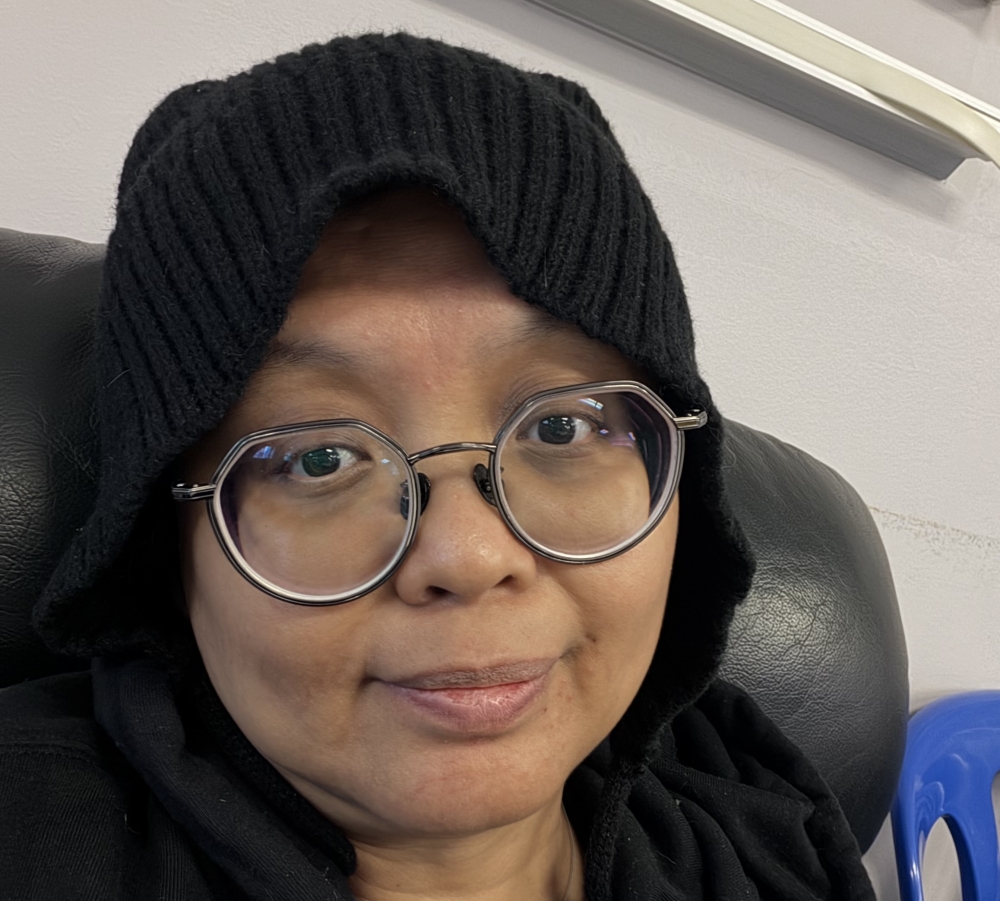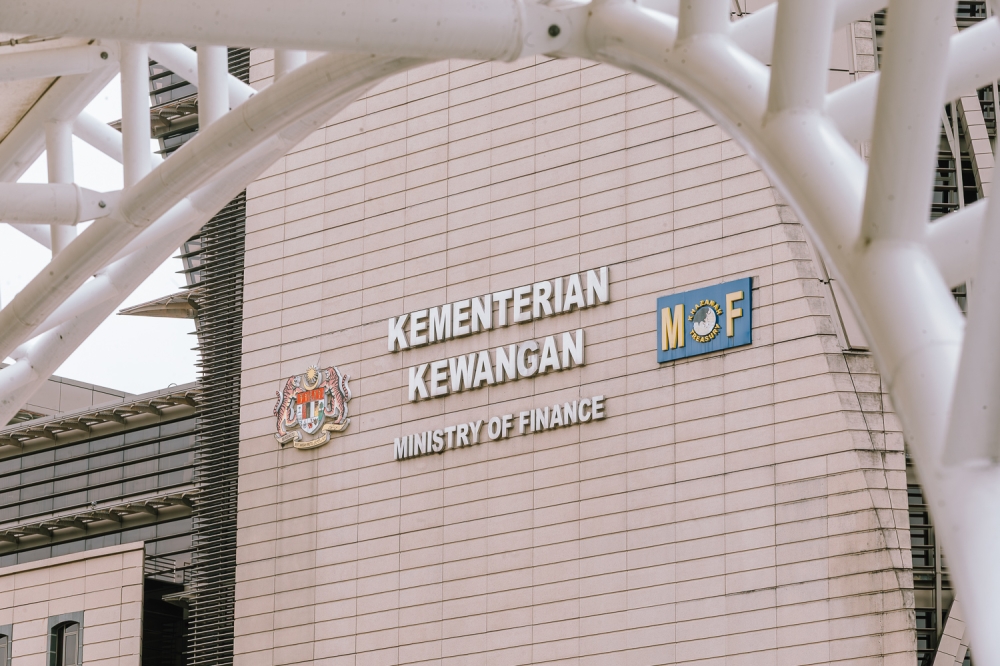JUNE 1 — Part 1 and Part 2 identified two important preferences of the majority of Malaysian Muslims.
First, a significant majority of Malaysian Muslims preferred to be identified as Muslims first (and not as Malays or Malaysians) and secondly they preferred that national laws be replaced by the teachings of the Quran or for the values and principles of Islam to influence further current national laws.
How do key Muslim political leaders — those who are likely to lead the next administration — think about Malaysia as an Islamic state?
Current Malaysian prime minister, and president of Umno, Najib Razak stated the following on July 17, 2007, when he was deputy prime minister:
“…Islam is the official religion and Malaysia is an Islamic state, an Islamic state that respects the rights of the non-Muslims and we protect them,” he said when asked to comment on concerns that Malaysia was moving from a secular government to an Islamic State and whether Malaysia is one.
“I want to correct you (reporter), that we have never been a secular state. Secular by Western definition means separation of the Islamic principles in the way we govern the country.
“But we have never abdicated from those principles. Malaysia has been always been driven by, and adhere to the fundamentals of Islam ... so your (reporter) premise is wrong.”
When told that Opposition party PAS has a different perception of a Islamic state, Najib said, “PAS has its own version and we have our own interpretation.”
On September 29, 2001, then prime minister Dr Mahathir Mohamed, during his opening address at Gerakan’s 30thconference, announced that:
“…Umno wishes to state loudly that Malaysia is an Islamic country. This is based on the opinion of ulamaks who had clarified what constituted an Islamic country. If Malaysia is not an Islamic country because it does not implement the hudud, then there are no Islamic countries in the world.
“If Umno says that Malaysia is an Islamic country, it is because in an Islamic country non-Muslims have specific rights. This is in line with the teachings of Islam. There is no compulsion in Islam. And Islam does not like chaos that may come about if Islamic laws are enforced on non-Muslims.”
Dr Mahathir Mohamed revisited this statement, (on July 5, 2014) to re-explain his position, concluding that:
“…There is no inconsistency in the claim that Malaysia is an Islamic state. It may not say so in the Constitution or in its name. But in its beliefs and practices it is Islamic.
“Malaysia never declared itself to be a secular state in its Constitution or anywhere else.”
Current PAS president, Abdul Hadi Awang, (as reported by Malaysiakini) stated the following (October 2, 2016):
“Islam has to be the leader and ruler, those who are not of Islam must be followers (pak turut).
“Let’s not place religion and politics in separate corners,” he was reported saying in Sinar Harian today.
“Don’t ask PAS to co-operate with you, when you will not make any change towards (prioritising) Islam, that is wrong.
“As long as the power of Islamic governance isn’t upheld, then those who rule would not care about sin and reward, would rob the people’s wealth and so on.
“Only Islam can correct people’s (behaviour). PAS can only co-operate with those who are willing to uphold Islam only,” he was reported saying at an event in Kemaman last Thursday night, at the launch of the Harapan Semua (Harap) gathering attended by roughly 1,500.
Incarcerated de facto leader of the Opposition coalition, Anwar Ibrahim sees Malaysia working towards achieving the Quran’s true teachings of “promoting peace and ensuring justice or achieving maqasid sharia” and was ambiguous on the difference between an Islamic state and a secular state. [Hear his views here].
Dr Wan Azizah Wan Ismail, the de facto leader’s wife, in her 2005 PKR opening speech noted the following:
“In a multiracial and multi-religious country like Malaysia, a political policy based on a certain religion and theology would indeed create problems,” she said to the 906 delegates who attended the opening of the congress.
“Although each individual party has its own views, the ultimate struggle of establishing an Islamic state which is not well-received must be reconsidered.”
More recently in an Al Jazeera interview, she noted “…Hudud, as a Muslim, you have to accept it as God’s laws but the implementation...” When asked to declare if there will be no hudud if she was to become prime minister of Malaysia, Dr Wan Azizah was not able to do so.
These selected resources can naturally be interpreted in various ways. However, I wish to highlight three important points that are irrefutable: Firstly, all potential leaders of the next administration see Malaysia either as already an Islamic state or in the process of becoming an Islamic state.
Secondly, all have different interpretations of what that Islamic state is or will be; and finally none of these potential leaders of Malaysia has called for a separation between state and religion.
* This is the personal opinion of the columnist.






















